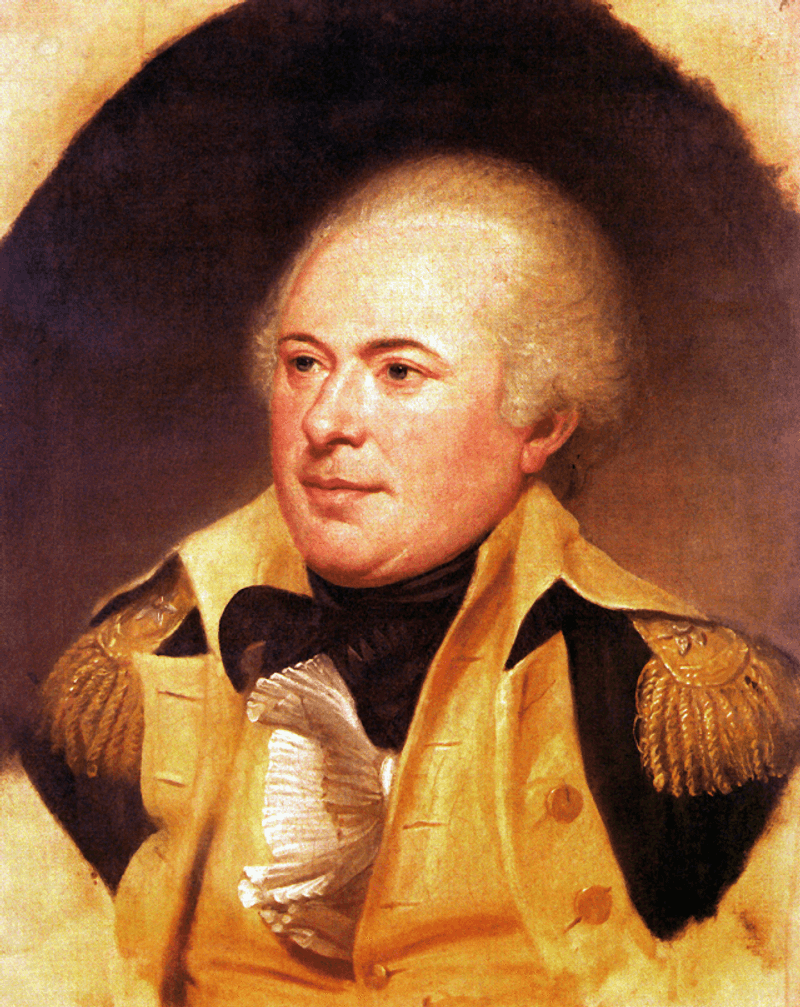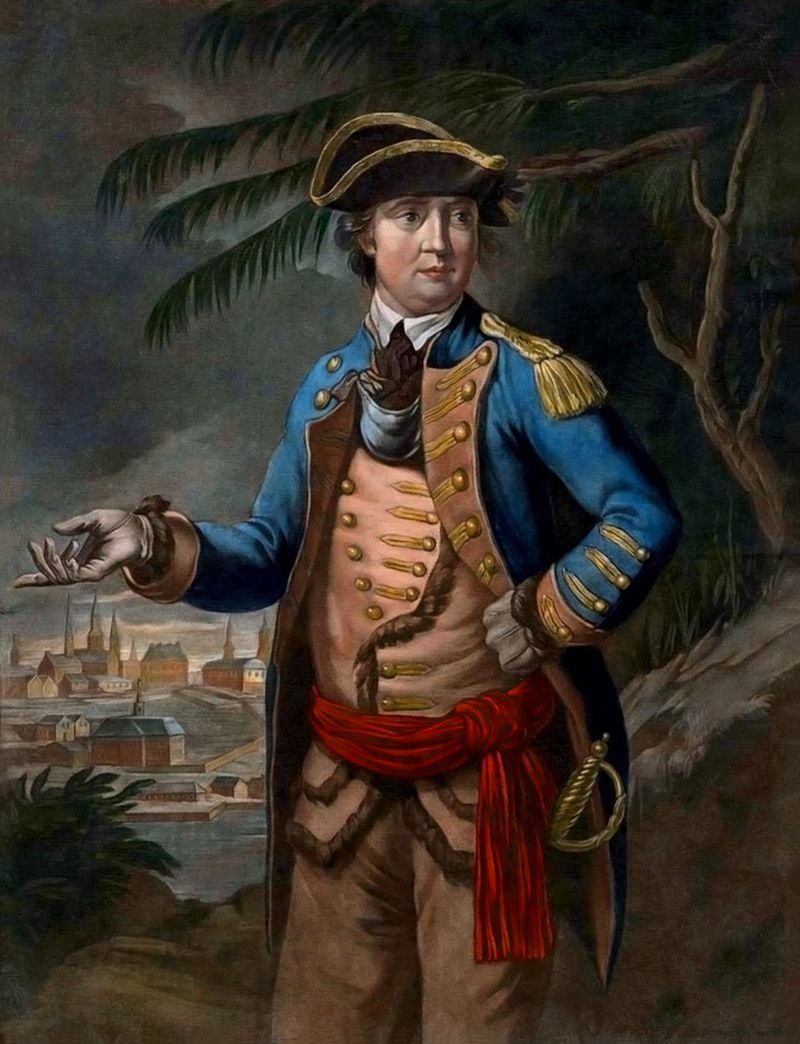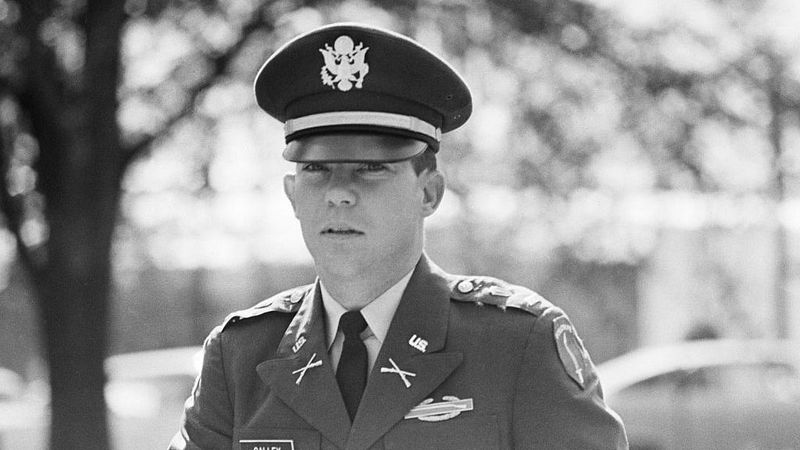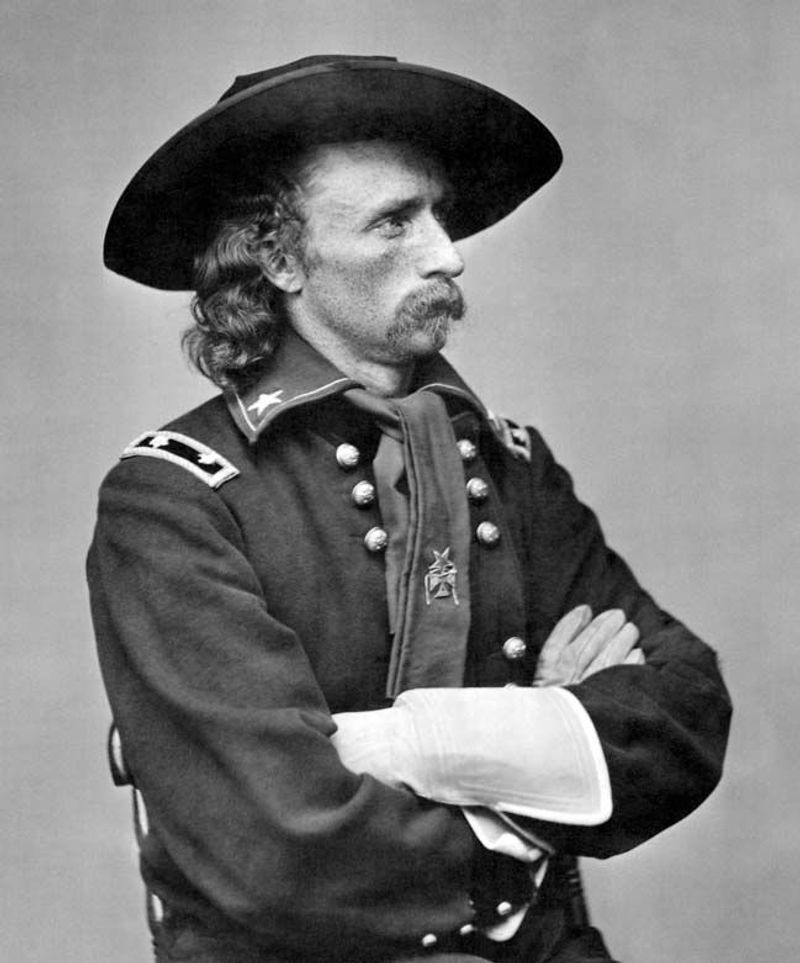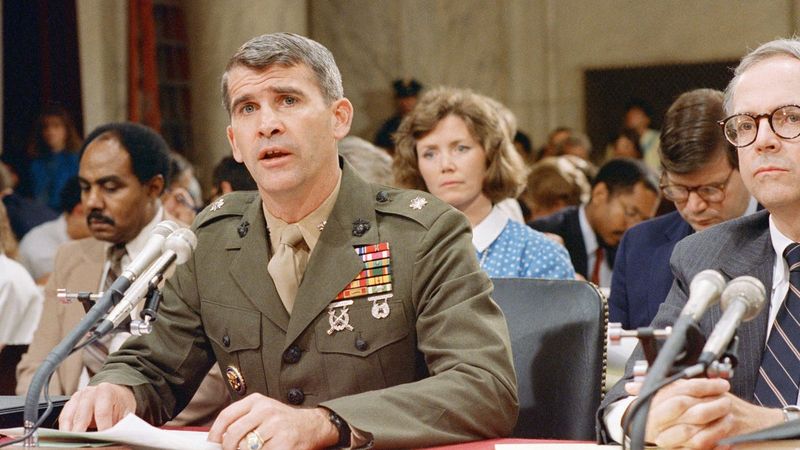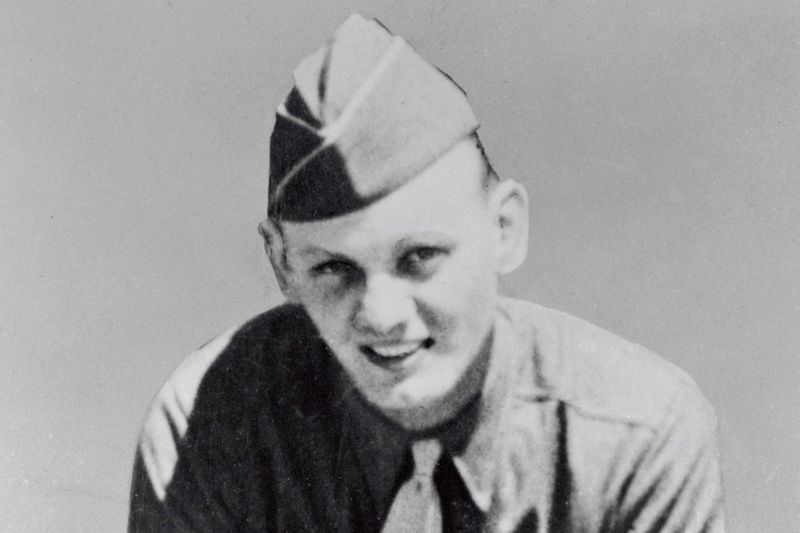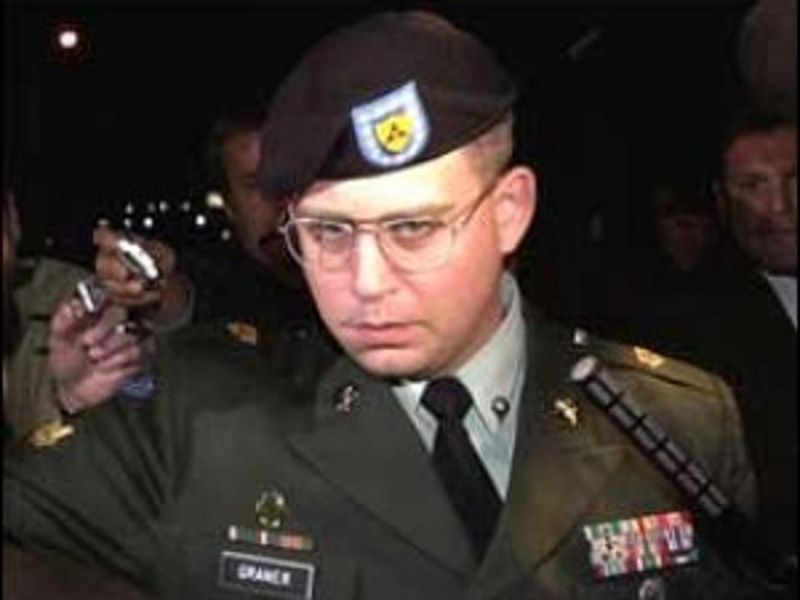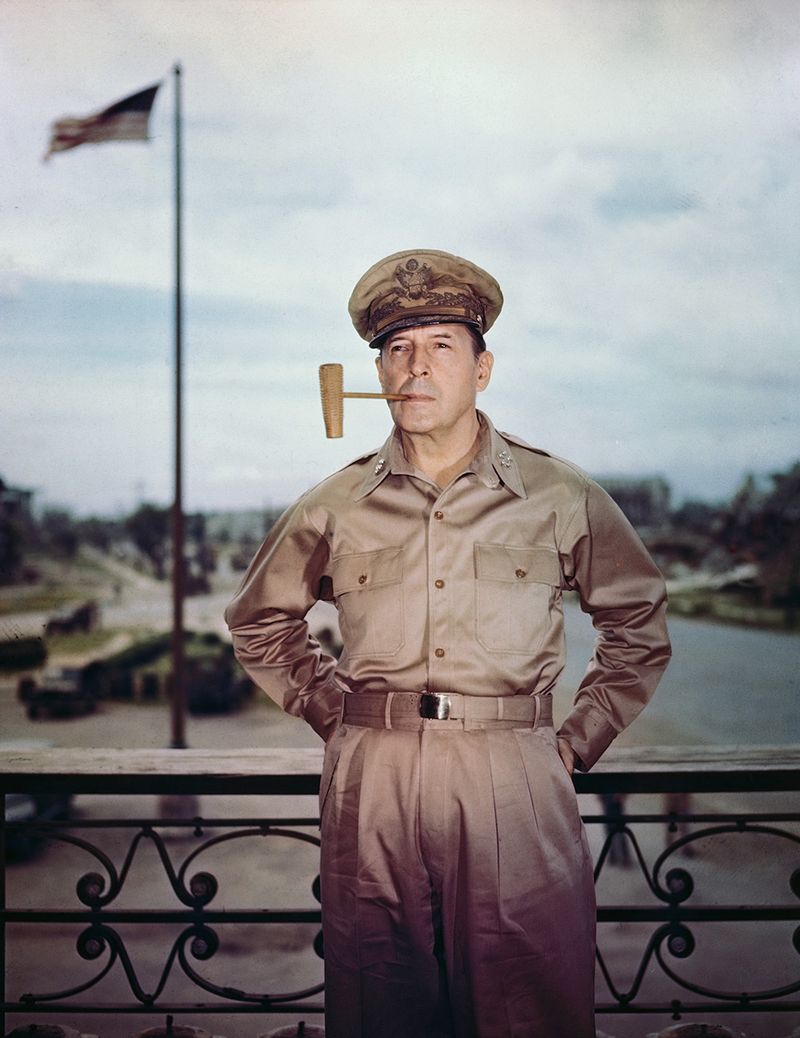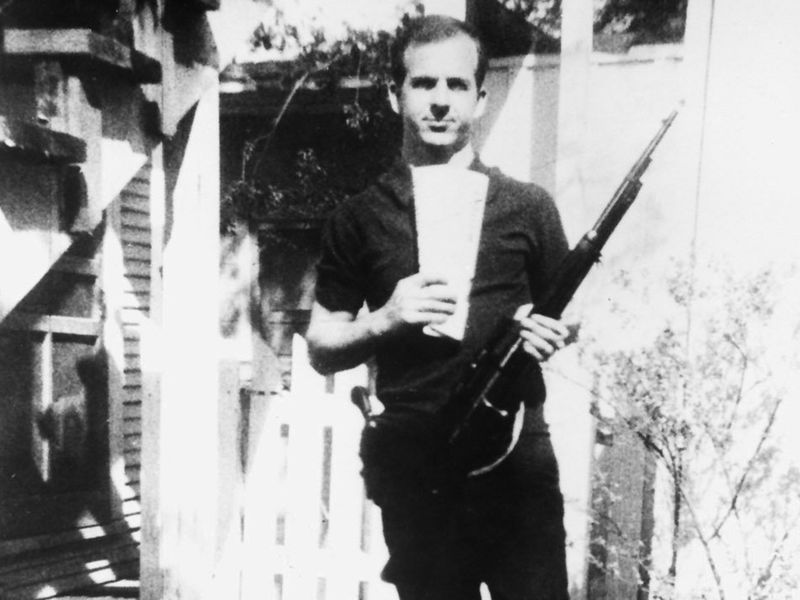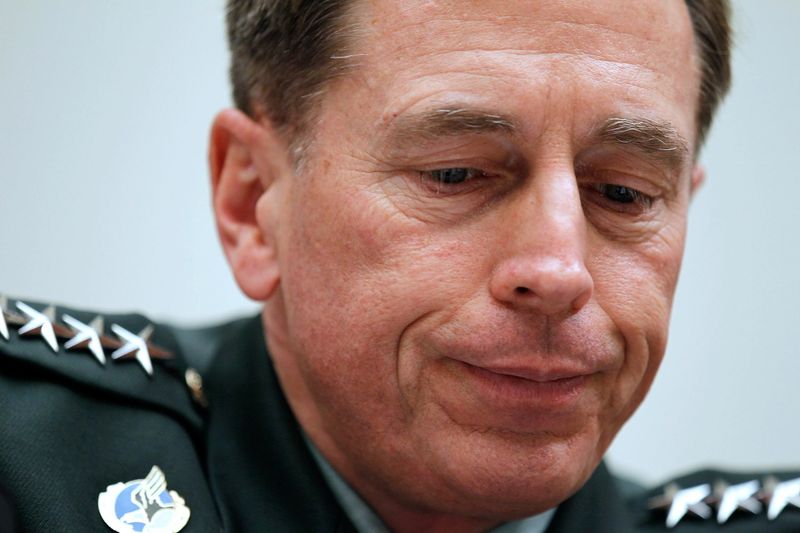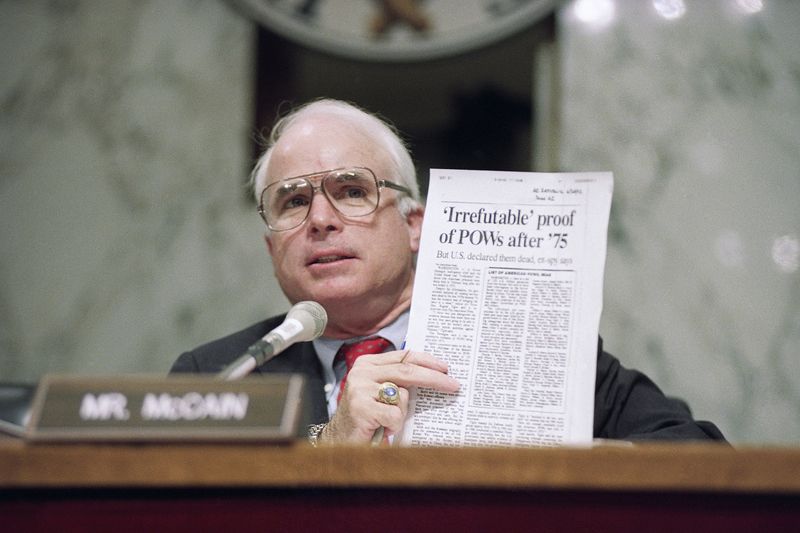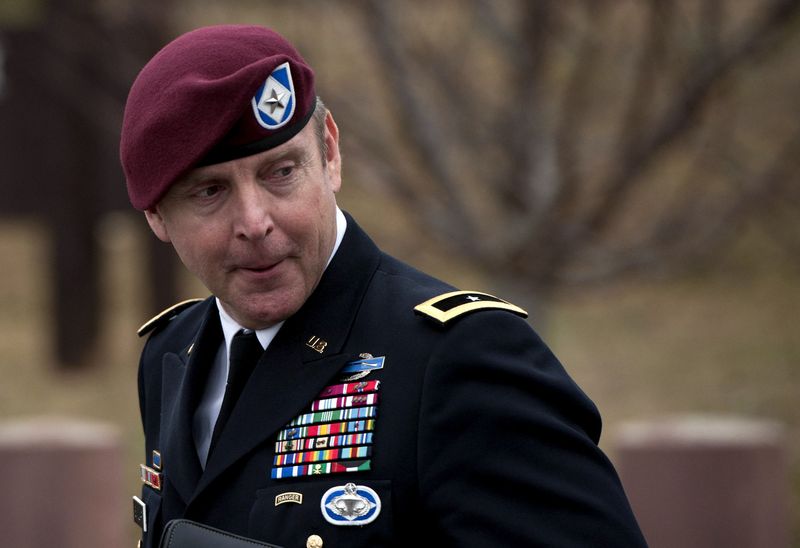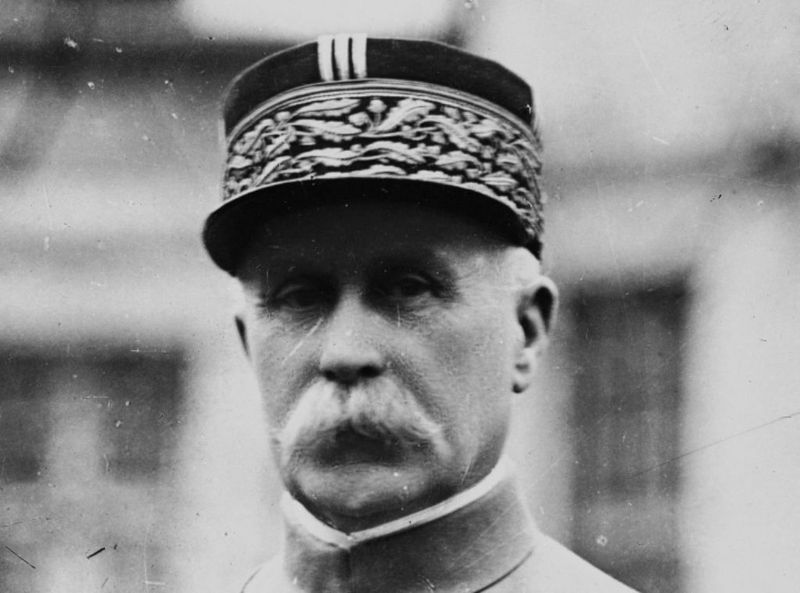They fought with honor, rose to fame, and earned the nation’s respect—but somewhere along the way, these war heroes crossed a line. Whether through crime, corruption, or controversy, these once-revered figures ended up as cautionary tales. Here are 13 war heroes whose legacies took a shocking turn from glory to disgrace.
1. James Wilkinson
A general in the U.S. Army during the late 18th century, Wilkinson secretly accepted payments from Spain while serving America. Historians now regard him as one of the most corrupt figures in U.S. military history. His dual allegiance compromised national security and political integrity.
Wilkinson’s manipulations and clandestine activities undermined trust within the military ranks. His actions are a testament to the dangers posed by those who prioritize personal gain over duty. The duplicity that marked his career highlights the complex interplay of power, greed, and espionage during America’s formative years.
2. Benedict Arnold
Once celebrated for his bravery at the Battle of Saratoga, Arnold shocked the fledgling nation when he defected to the British. His name became synonymous with treason—forever tarnishing his military accomplishments. Despite a promising start in the Continental Army, his ambition and greed led him down a path of betrayal.
Arnold’s treason was a profound blow to American morale during the Revolutionary War. His decision to switch sides remains one of the most infamous acts of betrayal in U.S. history. His legacy serves as a stark reminder of how personal ambitions can overshadow national loyalty.
3. William Calley
A decorated platoon leader in Vietnam, Calley was convicted for his role in the brutal killing of over 500 unarmed civilians in the My Lai Massacre. His actions sparked national outrage and redefined the moral boundaries of war.
The massacre he led became a symbol of the darkest aspects of military conflict. Calley’s trial and conviction divided public opinion, igniting protests and debates about military ethics. His name is forever linked to one of the most harrowing episodes of the Vietnam War, serving as a cautionary tale of unchecked military power.
4. George Armstrong Custer
While once praised for his Civil War exploits, Custer’s ambition led to disaster. His aggressive tactics at the Battle of Little Bighorn ended in total defeat—and death—earning him scorn in Native American histories and beyond.
Custer’s relentless pursuit of glory clouded his judgment, leading to a catastrophic last stand. Despite his early successes, his legacy is marred by his hubris and failure to respect his adversaries. The battle’s outcome serves as a lesson in the perils of overconfidence and the devastating impact of underestimating an opponent.
5. Oliver North
North was a Vietnam vet turned national figure during the Reagan administration. But his involvement in secretly selling arms to Iran and funneling funds to Nicaraguan rebels led to convictions and a damaged reputation.
The Iran-Contra Affair is a hallmark of political scandal, highlighting the risks of covert operations in government. North’s actions drew sharp criticism for sidestepping legal and ethical boundaries. His fall from grace illustrates the precarious balance between national security interests and transparency. The controversy remains a stark example of executive overreach and its consequences.
6. Eddie Slovik
While not a hero in the traditional sense, Slovik’s tragic tale stands out. He admitted he couldn’t handle combat and fled his post—only to be executed as an example, turning him into a symbol of military injustice and disgrace.
His execution during WWII remains controversial, raising questions about the military’s treatment of deserters. Slovik’s story is often cited as an example of harsh wartime discipline. His death, the only such execution for desertion in the war, is a poignant reminder of the complexities of military service and the harsh realities soldiers face.
7. Charles Graner
A former Army reservist and prison guard, Graner became the face of abuse at Iraq’s Abu Ghraib prison. Once part of America’s post-9/11 military efforts, he ended up in prison himself for war crimes.
The shocking images of prisoner mistreatment shattered global perceptions of American military ethics. Graner’s actions highlighted severe lapses in military oversight and accountability. His disgrace underscores the critical need for humane treatment and respect in wartime operations, serving as a chilling reminder of the potential for abuse within military ranks.
8. Douglas MacArthur
General Douglas MacArthur was a WWII icon, but his defiance of presidential authority during the Korean War led to his dismissal by Harry Truman. His arrogance cost him his command and public trust.
Despite his wartime brilliance, MacArthur’s refusal to follow orders demonstrated the risks of unchecked military power. His removal was a pivotal moment in civil-military relations, emphasizing the importance of civilian control over the military. MacArthur’s career is a complex blend of valor and insubordination, leaving a lasting impact on military governance.
9. Lee Harvey Oswald
Once a U.S. Marine with a sharpshooter badge, Oswald later defected to the USSR and returned a changed man. His assassination of President John F. Kennedy shocked the world—and made him a permanent stain on military honor.
Oswald’s descent from soldier to assassin highlights the unpredictable paths of disenfranchisement and extremism. His actions on that fateful day in Dallas reshaped American history and left indelible scars. The controversy surrounding his motives and connections continues to intrigue and perplex historians, cementing his legacy as a figure of infamy.
10. David Petraeus
A decorated general who led the surge in Iraq, Petraeus’s fall came not on the battlefield, but from an extramarital affair with his biographer—compromising classified information and his stellar reputation.
The scandal served as a sobering reminder of personal vulnerabilities and professional accountability. Despite his military achievements, Petraeus’s indiscretion overshadowed his career, offering a poignant lesson in the fragility of trust. The fallout from his actions echoed through military and civilian sectors, emphasizing the critical importance of maintaining integrity and discipline at all levels of leadership.
11. John McCain
Though widely respected for his wartime endurance in Vietnam, McCain’s later political career sparked intense debate. His role in the Keating Five savings and loan scandal in the 1980s briefly darkened his legacy.
McCain’s journey from POW hero to political figure showed the complexities and challenges faced by public servants. While he overcame the scandal, it remains a blemish in an otherwise distinguished career. His resilience and dedication to service are well-remembered, but the controversy serves as a reminder of the intricate dance between politics and ethics.
12. Jeffrey Sinclair
A rising star in the Air Force, General Sinclair’s career collapsed after he was charged with sexual assault and inappropriate conduct. He eventually pleaded guilty to lesser charges, but his disgrace was national news.
Sinclair’s case highlighted systemic issues within military culture and the complexities of military justice. Despite his achievements, the scandal underscored the importance of accountability and the impact of personal actions on professional legacies. His downfall served as a stark reminder of the need for integrity and respect within the armed forces.
13. Philippe Pétain
Philippe Pétain was once celebrated as a World War I hero, known for his leadership at the Battle of Verdun. However, his role as the head of the Vichy government during World War II led to his downfall.
Accused of collaboration with Nazi Germany, Pétain’s actions during the occupation of France earned him a conviction for treason. His transformation from a revered military leader to a disgraced head of state remains a poignant chapter in French history.

